Can you be a human rights commissioner and also transphobic?
We're about to find out. Plus goodbye Olympics and hello benefit sanctions.
Kia ora and welcome to The Weekend with Madeleine Chapman
In a classic comms move, justice minister Paul Goldsmith announced the appointment of three new commissioners to the human rights commission on a Friday afternoon. The roles (chief human rights commissioner, race relations commissioner and equal employment opportunities commissioner) are not minor jobs in this country. Typically, commissioner roles are held by people who have extensive experience in community work and advocacy. They may have particular areas of interest but overall have a strong sense of equity and inclusion in the work they do. They also would all be expected to believe in protecting the human rights of New Zealanders.
Which makes it particularly baffling that two of the three commissioners appointed on Friday have a history of the complete opposite.
Let’s start with our new chief human rights commissioner Stephen Rainbow. Despite his last name and the fact that the press release touted his work of “promoting LBGT rights”, Rainbow has publicly expressed anti-trans views. In 2021, while working at Auckland Transport, Rainbow commented under a post in the Rainbow Auckland Networking Group on Facebook. The post was urging members to sign a petition calling for a ban on conversion therapy. Rainbow commented: “be careful...there’s some elements of the trans agenda being sneakily promoted through this campaign.”
Complaints were made, including from within AT, and an investigation launched. And if you flinched at the word "transphobic" in the headline... believing that there is a scary "trans agenda" is a literal representation of trans-phobia.
Rainbow is a gay man, and been a vocal advocate for gay marriage as well as a former board member of New Zealand AIDS Foundation (now called the Burnett Foundation). On first glance, Rainbow’s history suggests at the very least a support of the full rainbow community but his comments from not long ago would suggest otherwise.
On a different human rights note, Rainbow has consistently expressed support for Israel while the country decimates Palestine. In January of this year, Rainbow authored an article for the Israel Institute questioning “the left’s” sympathy for Palestinians despite Israel being “one of the most gay-friendly countries in the world”. Such arguments defending Israel’s attacks have been roundly critiqued for being, shall we say, really fucking stupid.
Then there’s Melissa Derby (Ngāti Ranginui), our new race relations commissioner. Derby is a founding member of the Free Speech Union and has also raised eyebrows by sharing posts that were decidedly anti-trans. In 2023, after the trans rights protest in Albert Park, Derby shared a tweet saying the “trans movement” cannot be tolerated in civil society.
Just to be clear, the “trans movement” and “trans agenda” mentioned by our new commissioners is simply trans people existing and living their lives.
In 2020, Derby spoke at an event hosted by anti-trans group Speak Up For Women, the same event cancelled by Massey University amid safety concerns. She opened with a mihi then confusingly followed it with a joke about how apparently "you're not allowed to criticise anything Māori". Derby then wasted no time in making her general views known: "As far as points in the oppression Olympics are concerned, I'm always off to a pretty good start, being female with Māori heritage. Although now that people who are biologically men want to compete in our sports teams, my winning streak may be coming to an end."
In an information booklet published by the Human Rights Commission in June, it is explicitly stated that “trans rights are human rights” before going on the explain that “Under international human rights standards, everyone has the right to be recognised, respected, and participate in public life. You have the right to define your own gender and be free from harm based on your gender.” The booklet suggests contacting the Human Rights Commission with any concerns regarding gender discrimination and the Human Rights Review Tribunal will soon hear its first case of gender discrimination on the basis of being trans.
In June 2023, a global Ipsos survey showed that New Zealanders had the highest level of agreement that transgender people should be protected from discrimination (84%). Which means the vast majority of New Zealanders are at the very least of the view that trans people should be left alone. Of the 16% who disagree, fewer would make it a public stance and even risk employment to voice it.
So it’s mighty interesting that two of the highest positions regarding human rights in New Zealand are now held by people who have publicly voiced anti-trans views. Wow, what are the odds?
Behind the Story
Anna Rawhiti-Connell knows more about the internet and how it functions than probably any other journalist in New Zealand. And this week she had the perfect subject: Raygun, the Olympic breakdancing competitor from Australia.
Raygun has been many different things since she first revealed herself in the final weekend of the Paris Games. She’s been an icon, an embarrassment, a hero, and now apparently the subject of an investigation. Anna tracked her rise and fall and rise and fall in a deep dive for The Spinoff. We talked about the latest developments and shared some lukewarm takes about New Zealand’s success in Olympic sports.
Cadence Chung on emerging into the light
“You’re writing something for the New Zealand String Quartet and you’re performing for NZ Opera. Year 9 you wouldn’t have believed that.” Cadence Chung is a 20-year-old university student who’s also an accomplished poet, magazine co-founder, composer and singer.
In the latest instalment of Art Work, she tells us how she stays so productive and the challenges of being an emerging artist. Read it here.
Drugs, sex and ‘murder’: Why can’t we look away from the Polkinghorne trial?
The Philip Polkinghorne trial has it all: the backdrop of an affluent Auckland suburb, sex obsession, methamphetamine use, a Canadian rope expert, an unhappy marriage, a dead woman and her husband in the defence. The media, and presumably their audiences, are lapping it up, detail by detail. There’s live blogs, daily court diaries, podcasts and even billboards. While it may be entertainment for some, for others it acts as a jarring reminder of losing a woman they loved, and the struggles she faced in her marriage. Lyric Waiwiri-Smith asks about the precedence of our fascination and access to court proceedings, digging into our media’s past, Netflix, criminology and the literary classic, In Cold Blood.
The Spinoff Essay: ‘The mission is clearly possible’: On watching every single Tom Cruise movie ever made
“Like any self-respecting dumb project one inflicts upon themselves and is held to by absolutely no one, there were rules. The 46 movies had to be watched in chronological order. I had to watch at least one every two weeks, but preferably every week, and I had to take notes: where I was, who I was with, what I thought. No skips, even if I’d seen it before or was absolutely dreading it, because who would want to watch a movie called The Last Samurai starring a white guy (Cruise, naturally) that came out in 2005?”
Caroline Shepherd takes us through her year-long project, which she called the Thomas Cruise Completionist Project and everyone else just called stupid.
Help me Hera, live on stage
The Spinoff’s advice column, Help Me Hera, has become one of our most popular reads. A year on from its launch, join me and Hera Lindsay Bird live on stage in Auckland to find out if anyone has taken her advice, and if so, how it went.
This event has sold out in Wellington, so make sure you grab your tickets for the Auckland event on August 29 at Q Theatre before they sell out!
New Zealand’s air pollution is deadly – and our regulations are unfit to deal with it
Thousands of people are killed each year by air pollution in New Zealand. It is, by its very nature, hard to see. It’s also hard to avoid. You can abstain from swimming in polluted water, but you can’t exactly abstain from breathing. Still, regional councils monitor the number of different sized particles in the air. Collected data from these stations show red dots all across the South Island, and a few on the North Island, meaning at these locations healthy standards set by the World Health Organisation have been breached more than four times this year. Shanti Mathias talks to experts to explain how air pollution is monitored across the country, and what could be done to address its impacts.
The stories Spinoff readers spent the most time with this week
I took photos of my TV and conducted a high-level investigation into Maddi Wesche’s final shot put throw
Claire Mabey details the New Zealand allegations at the centre of a podcast investigation into writer Neil Gaiman.
Max Rashbrooke with the receipts following this week’s government announcement about social welfare reform: What happened last time we had a beneficiary crackdown?
On the same subject, I compare two endeavours financially supported by the government: winning a gold medal and living on a benefit.
Anna Rawhiti-Connell charts the fall and rise and fall and rise of Olympic internet sensation Raygun.
Take part in The Spinoff survey for a chance to win one of three $400 Prezzy Cards!
Your feedback is crucial to us, and as an independent media company, we're committed to making your experience even better. The survey is quick, anonymous, and we’ll only use your email for the prize draw.
Don’t miss out — click here to have your say and enter the draw!
Recommended reads (and listens) for your weekend
What happened last time we cracked down on benefits? Inequality researcher Max Rashbrooke investigates.
The second season of Takeout Kids by director Julie Zhu is (almost) here. Meet the cast in our trailer.
Liam Rātana takes a look at the backlash and backtrack following Hobson’s Pledge ads in The Herald, making a clear eyed case for the responsibility that media holds in shaping public discourse.
With the government announcing plans to change restrictions on GMOs, Mike Bunce argues that it's time to stop taking sides.
Hayden Donnell gives beneficiaries the only appreciation they’re going to get, thanking them for his interest rate cut and capital gains.
Fur Patrol have picked songs to help you prepare to embrace warmer temperatures for our Weekend Playlist.
We have a beautiful excerpt from Talia Marshall’s hotly anticipated book Whaea Blue. Its alarming in its honesty, and unsettling in its intelligence.
Most bridges are marvels of sleek engineering, and then there’s Wellington’s City to Sea Bridge. Jeremy Hansen tells us why he loves the ravishingly eccentric structure.
Hera Lindsay Bird gives advice to someone invited to a destination wedding. Is it selfish to not go?
Reader feedback of the week
“I was on a local board in the first years of the new city. At that time, along with the enormous effort from staff to maintain professionalism with very limited infrastructure (like phones, desks, computers!), there was a lot of excitement about the new city. Speakers told us that the world was watching the Auckland experiment. Throughout the process of the Auckland Plan and Unitary Plan, people came to meetings expecting something new and responsive.
Sadly, I think the old, clumsy, heavy-handed Council response simply reappeared. Agile, innovative? Digital town hall? Nope. And following the people’s Unitary Plan, along came the Government’s own version that simply trumped what Aucklanders had worked so hard to achieve consensus on.”
— HelgaA
“I was on a benefit during the last National government and it was a hard life.
I had no car, only a single pram to get my two little kids around. Every time I tried to do something to improve my situation I would get told off by WINZ or end up in a worse situation.
What got me off the benefit wasn't sanctions, tellings off from WINZ case managers, or "ready to work" seminars. What got me off the benefit was living somewhere rent was 1/4 of my benefit, where I didn't have to worry about buying food and could afford heating. When I could finally take a break from the crushing poverty, I spent my money on self-improvement, networking, and courses that put me in circles with people who weren't poor which got me a job offer that was my start. You can't get out of poverty when you're crushed.”
— Kirsty
Thanks for reading.
— Madeleine Chapman




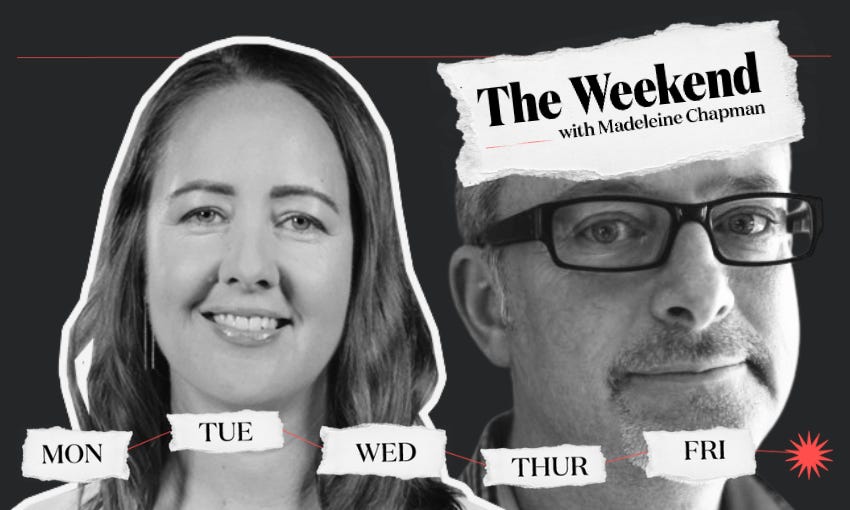


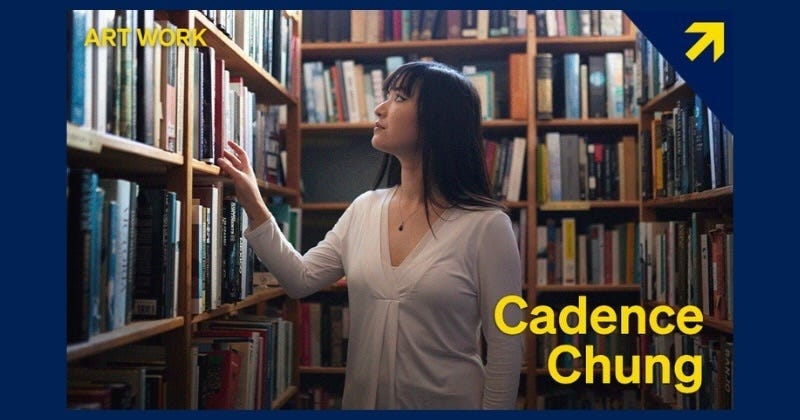
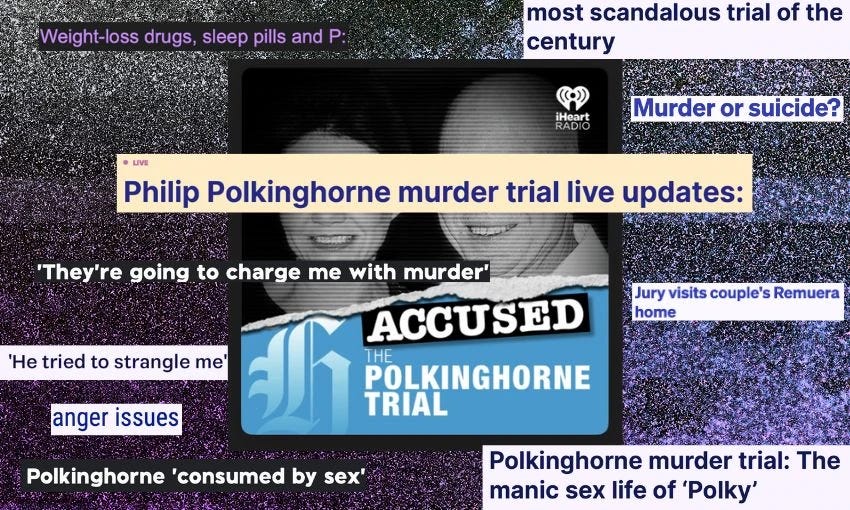

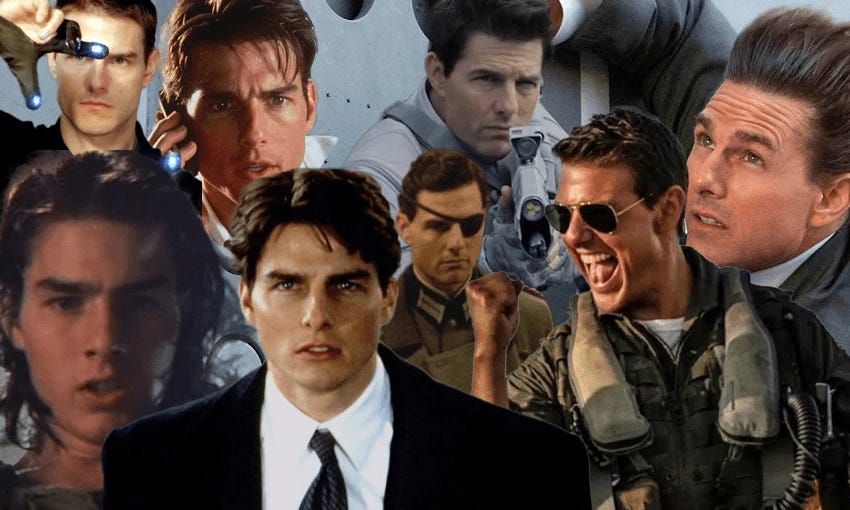

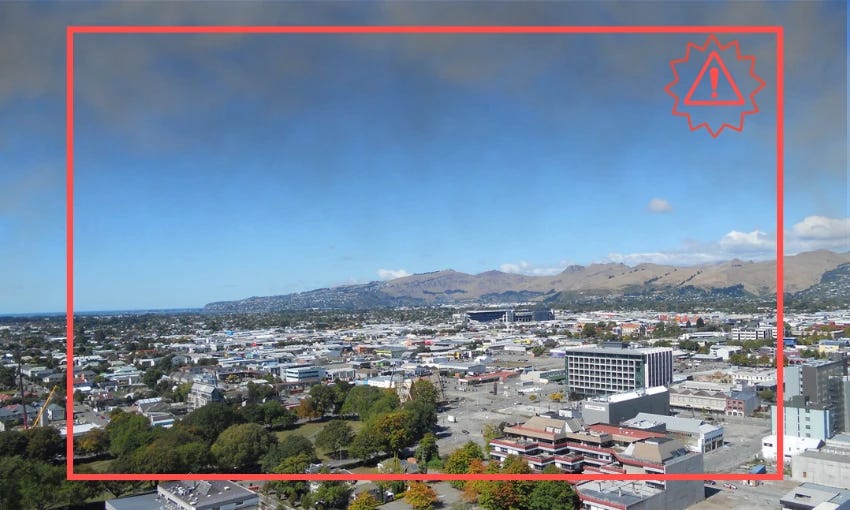

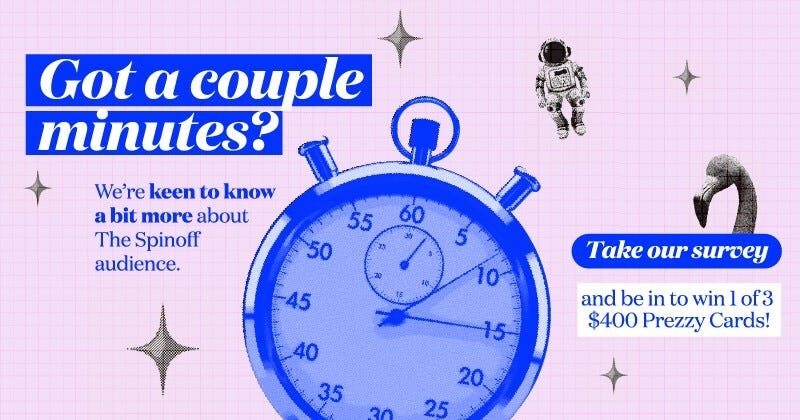

Your comment about the new Chief Human Rights Commissioner's views on Israel shows both prejudice and ignorance. You have misrepresented what he said. He wasn’t “defending Israel’s attacks,” as you wrote. He was referring to the blindness of some gay supporters of the Palestinians. You appear to be ignorant of the regular chanting NZ anti-Israel demos, including marchers from the gay community showing their support for Hamas and Fatah regimes that viciously oppress gays (to the extent that Palestinian gays flee to Israel for their safety). Another common criticism, both sneering and smearing, is that Israel’s liberalness towards gays (since the 1960s) is “pinkwashing.”
I don’t think you are stupid, but please inform yourself more on the situation before issuing misleading knee-jerk prejudices.